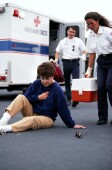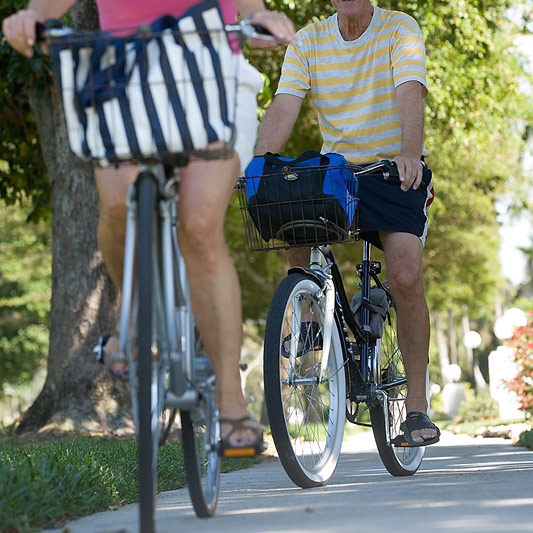
THURSDAY, Dec. 27 (HealthDay News) — Male pedestrians who are struck by a car are more than twice as likely as females to die as a result of the crash, a new study finds.
Data on U.S. travel and traffic for 2008 and 2009 showed that males and females walked just about the same distances each day. But when the researchers looked at other data from the same years, they found males were at slightly greater risk of being in a car-pedestrian collision, and 2.3 times more likely to die from their injuries.
“Our analysis differed from previous studies as it was the first to examine three main relative contributors to pedestrian death,” study leader Dr. Motao Zhu, an assistant professor at the West Virginia University School of Public Health and Injury Control Research Center, said in a university news release.
“We looked at the amount of daily walking exposure each gender reported, the male and female risk of being involved in a collision while walking and the fatality rates per collision case,” Zhu said. “No existing research had been this thorough.”
The study, recently published online in Injury Prevention, excluded children younger than 5. The researchers added that more research is needed to investigate this discrepancy in death rates.
“Of course, we already know that a vehicle’s speed affects the severity of a person’s injuries,” Zhu said. “Alcohol involvement can also play a large role, and not just with drivers. While most people know not to drive while drunk, it’s not safe to walk the streets while impaired, either.”
Zhu said that the researchers intend to look at other factors that might make males more likely to suffer fatal collisions. “Are they taking more risks, such as crossing or walking along highways or other higher-speed roads? There are many other factors to consider,” Zhu said.
The researchers noted that lower speed limits and increased use of public transportation and sidewalks can help reduce pedestrian deaths in some high-risk areas.
In the United States, pedestrians account for 12 percent of all deaths from car accidents, they pointed out.
More information
The U.S. Centers for Disease Control and Prevention provides more information on motor vehicle safety.

